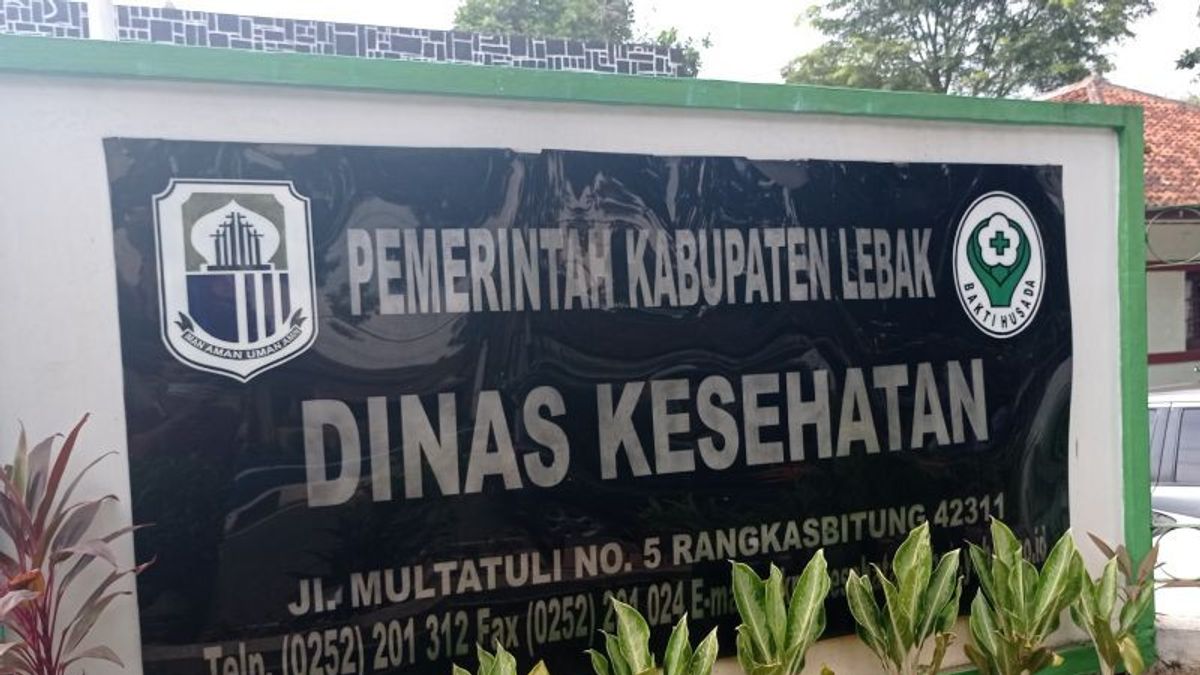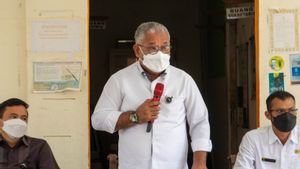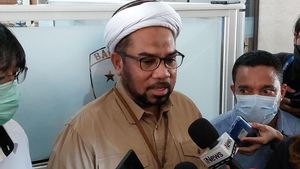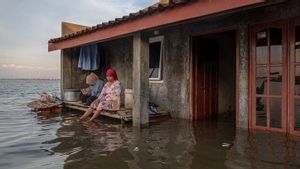LEBAK - The Lebak Regency Health Office (Dinkes) asked the people in this area to increase their awareness of acute respiratory infections (ARI) and diarrhea following the transition from the rainy season to the dry season.
The Head of the Communicable Disease Eradication and Environmental Health Division of the Lebak Regency Health Office, Firman Rahmatullah, said that currently ARI and diarrheal diseases are starting to attack residents due to the change of seasons.
So far, the local Health Office has not received reports of fatalities due to the infectious disease attack because it can be handled by medical personnel in the area.
"We ask residents if they have fever, cough, runny nose and also defecate a lot, immediately seek medical attention," said Firman in Lebak, Antara, Friday, April 8.
He said that currently, cases of ARI in Lebak Regency are in the highest category compared to 10 other types of diseases. Those who are stricken with ARI and diarrhea mostly go to health centers, clinics, and hospitals.
The symptoms of ARI disease, said Firman, are characterized by coughing, and difficulty breathing which can lead to death. ARI can be dangerous, especially if it is accompanied by pneumonia, making it difficult for patients to be helped.
Some of the symptoms of ARI include nasal congestion and runny nose, dry cough without phlegm, low-grade fever, sore throat, lightheadedness, rapid breathing or difficulty breathing, and bluish discoloration of the skin due to lack of oxygen.
"Residents are affected by the disease due to the impact of weather changes or transitions," he said.
To anticipate the spread of ARI and diarrheal diseases, people must get used to clean and healthy living behavior (PHBS), maintain environmental cleanliness, consume nutritious food and fruits and vegetables as well as maintain body stamina and get plenty of rest.
He said that people can maintain environmental health by using clean water and when cooking, the water must come to a boil.
"We hope that residents prioritize PHBS to prevent infectious diseases," he said.
SEE ALSO:
Head of the Cisimeut Health Center, Dede Hardiansyah, said that patients with ARI and diarrhea in the area could be overcome by optimizing health education and promotion for the prevention of communicable and non-communicable diseases.
"Every working day we deploy officers to villages to provide health education to improve the health status of the community," he said.
The English, Chinese, Japanese, Arabic, and French versions are automatically generated by the AI. So there may still be inaccuracies in translating, please always see Indonesian as our main language. (system supported by DigitalSiber.id)


















